Six key players to watch in the banking crisis

The Silicon Valley Bank collapse has drawn new attention to the fragility of the U.S. financial system and government’s role in overseeing it.
This week, Democrats have debated approaches to handling the crisis, with progressives calling for stricter regulations and moderates initially resisting them.
The latest: Here’s why the ‘too big to fail’ banks bailed out First Republic
While the Biden administration nixed the idea of a 2008-style bailout, Democrats are questioning what the path for the future could look like, with tech industry professionals, lawmakers, and activists coming down on different sides of the issue.
“Who is standing up strongly and boldly and saying: You got it wrong, guys. Here’s the reality,’” said Tim McCarthy, the former president of Charles Schwab who currently serves as co-CEO of marketGOATS. “Here’s the true story.”
Here are the six key players to watch in the banking crisis.
Michael Barr, Federal Reserve vice chair of supervision
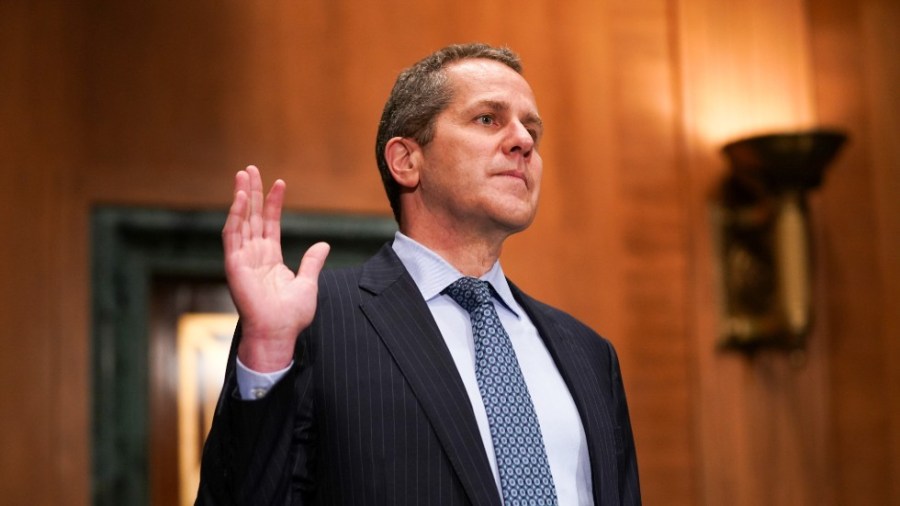
Barr doesn’t have the type of job that’s often forward facing for most Americans, working at an agency that’s considered fairly obscure and complicated for many outside of the financial world.
But the top Fed regulatory official is expected to play a pivotal role as the Silicon Valley Bank’s developments continue to inform new policy and political considerations in Washington and the West Coast.
In the coming weeks, Barr is tasked with conducting a sweeping assessment of how the Fed ran oversight practices for SVB as officials look for answers about what led to its demise. He will also examine regulations and is expected to present a memo later in the spring.
“This is going to be very profound,” said McCarthy, indicating it’s likely to have a ripple effect beyond just discussions among lawmakers in D.C.
Barr, however, is under pressure of his own.
The Fed is facing intense criticism from both parties over whether the agency and other state regulators missed the mounting signs of SVB’s dire financial situation. As the Fed’s chief for regulations and supervision, Barr is likely to field questions from lawmakers about his role.
Sen. Sherrod Brown (D-Ohio) chair of the Senate Banking Committee
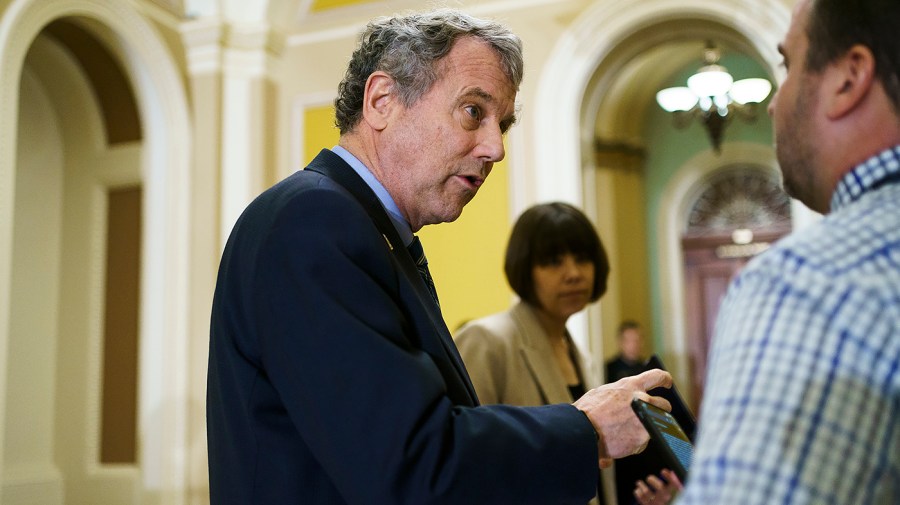
Initially, a populist senator from the Rust Belt may seem far away from Northern California’s tech-centric, venture capital-flowing bubble.
But Brown’s role as chair of the Senate Banking Committee makes him a key player in the regulation discussion in Congress and beyond, particularly as the SVB downfall continues to disrupt a variety of sectors.
In his capacity leading the committee, Brown called for officials to start a full-fledged investigation into the major financial failure and sent a memo outlining the areas that were vulnerable for a collapse of such magnitude.
“These banks were over-concentrated and over-reliant on particular industries and operated with an exorbitantly high percentage of uninsured deposits,” Brown wrote in a letter to the Treasury Department and Fed. “Furthermore, the banks also lacked adequate risk management.”
Brown is lockstep with his fellow progressives, such as Sens. Bernie Sanders (I-Vt.) and Elizabeth Warren (D-Mass, on financial regulation, but he’s also well perceived by moderate colleagues and Biden.
His location in Ohio – the red-trending state that Democrats still haven’t given up on entirely – allows him to translate how the complexities of the SVB crisis could impact people at home.
Brown sees more regulation as a good early step.
“You must strengthen the guardrails for banks to prevent failures and mitigate contagion and panic risks to protect consumers and small businesses and to preserve small banks and credit unions on Main Street,” Brown noted at another point in his letter, giving a nod to his middle and lower income priorities.
Sen. Elizabeth Warren (D-Mass.)
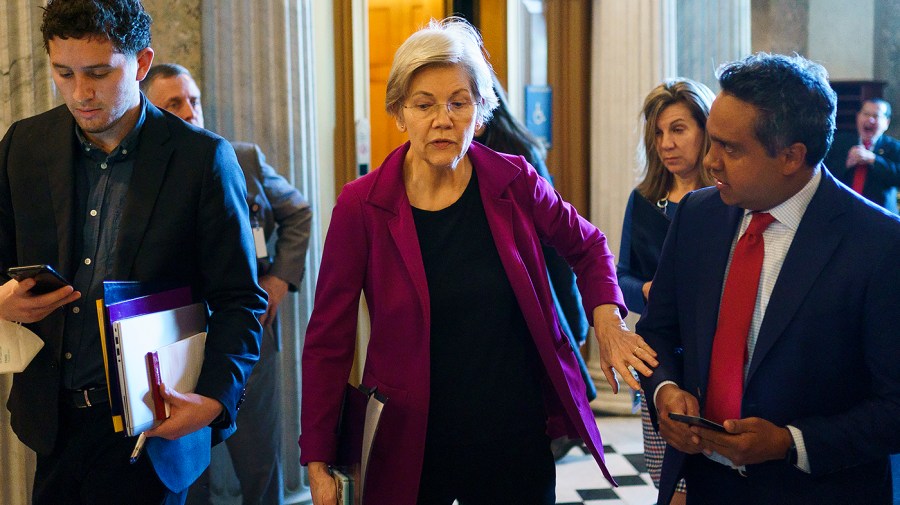
Warren, the liberal senator from Massachusetts, is a fierce advocate for strict financial regulation and consumer protection. She’s also arguably the banking sector’s biggest agitator. To progressives critical of the financial industry, she’s their top Capitol Hill champion.
The senator’s position between left-wing Democrats who love her and big banks who feel less warmly puts her in the spotlight of the collapse.
Fighting back: Warren, Porter unveil bill to undo Trump-era Dodd-Frank rollback
To the joy of her allies she’s been out front on the issue since it first became public, harshly condemning executives and lobbyists who pushed for looser regulations while also offering a policy blueprint for the future.
“Elizabeth Warren has been right all along on financial sector reform. After the Great Recession, she predicted we’d be back here without meaningful accountability, and sure enough, here we are,” said Charlotte Clymer, a writer and Democratic political strategist.
“At what point are her colleagues going to follow her lead and ensure the most irresponsible actors in banking and finance aren’t permitted to keep putting our country at risk for lack of consequences and prevention?”
But her critics view her influence as more troublesome.
“If you’re a budget balancer or at least a fiscally responsible politician on the Democratic side, the problem you have is you’ll have people to the left of you who use that as an opportunity to push their own election desires,” said McCarthy.
“They’re afraid to speak out because they feel the more left side of the party will criticize them for trying to be able to maintain programs.”
Lael Brainard, director of the National Economic Council
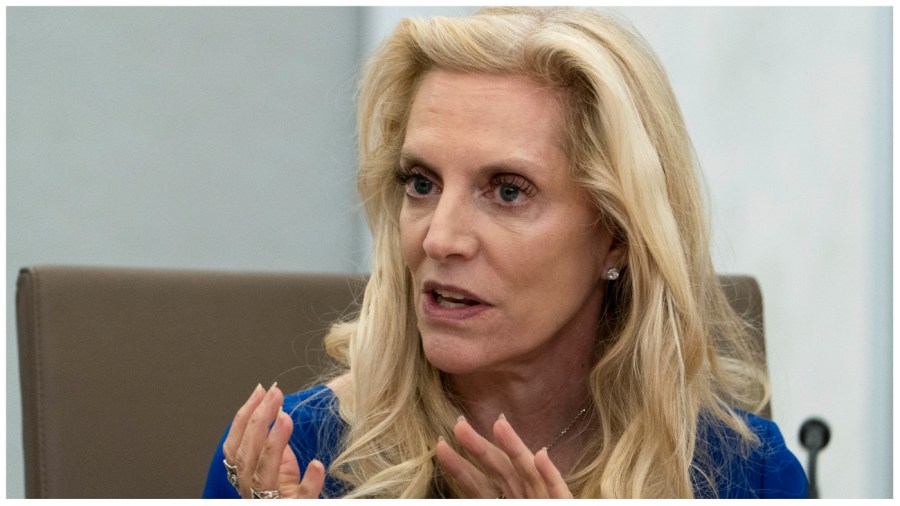
Brainard, an economist and former Fed official, didn’t have a chance to test run her new role leading the National Economic Council before a major financial disaster hit.
In her prior roles at the Fed, including most recently as vice chair, Brainard strongly cautioned against deregulation of the industry that had previously caused significant tumult in the U.S. economy.
How she got here: Biden names Fed’s Lael Brainard as next top economic aide
By elevating Brainard to lead the NEC — one of the most influential appointed positions in government — Biden entrusted her to be an ambassador between the White House and key agencies and lawmakers on Capitol Hill. Any proposed legislative actions could face hurdles, given the nature of the Republican-controlled House and narrowly held Democratic majority in the Senate.
This week, the business publication Barron’s listed Brainard as one of the “100 Most Influential Women in U.S. Finance.”
Rep. Ro Khanna (D-Calif.)
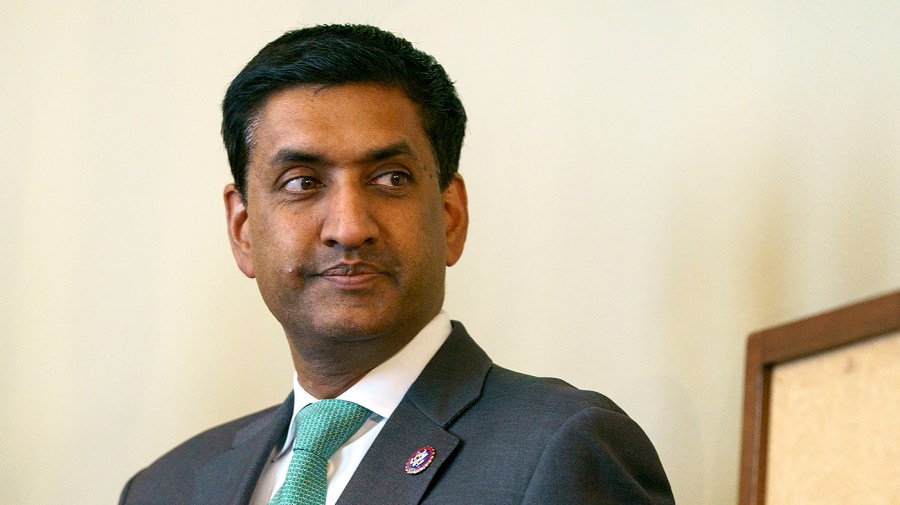
Khanna is uniquely positioned to address the bank’s failure and articulate his assessment of how regulators could have fended off such a dramatic collapse.
The California congressman is at the intersection of two often competing forces. He’s a leader in the progressive movement clamoring for policy impact on Capitol Hill, but also represents Silicon Valley, and has to navigate all its various tech interests.
As a progressive, he’s been critical of more moderate Democrats’ hesitation around imposing stricter regulations on banks. He lambasted SVB’s prior work asking the government for fewer restrictions in a recent cable news segment, putting him at odds with some centrists in his party.
Read more: Silicon Valley, Signature banks lobbied hard to loosen bank rules
“They lobbied to weaken the Dodd-Frank restrictions,” Khanna told MSNBC’s “Morning Joe” noting that he voted against the 2018 bill to loosen the banking law.
“They lobbied me and others to weaken them, to exempt them from the regulations that could have prevented this crisis,” he said.
Jeff Zients, White House chief of staff
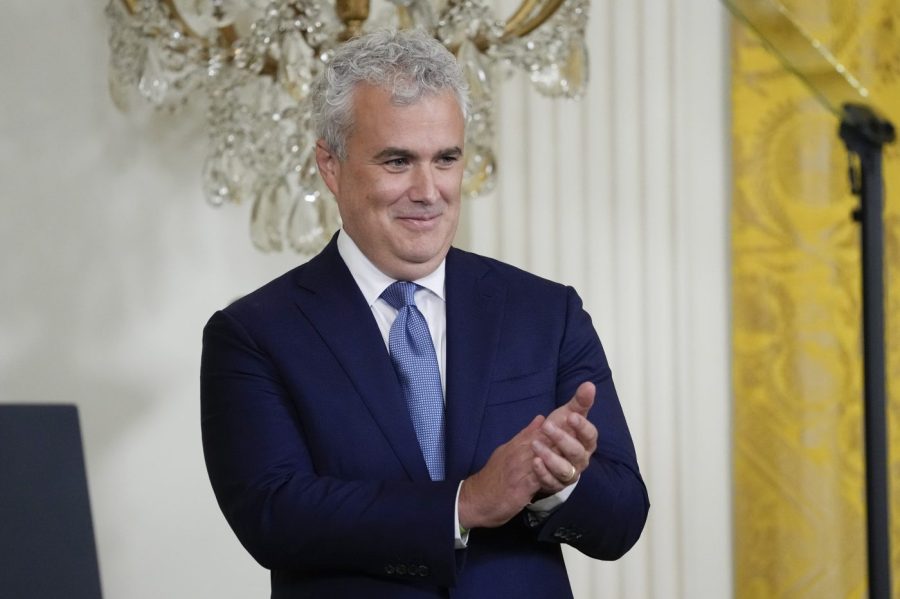
Biden’s new chief of staff entered the role at a key moment. Biden and administration officials just said goodbye to Ron Klain, a beloved and longtime aide to the president, who resigned after a midterm cycle ripe with positive Democratic surprises. Many Democrats hoped Zients would pick up the positive momentum.
Some former banking executives have criticized Democrats for not doing an effective job managing the party’s competing wings. On one hand, progressives want to be much tougher on the banks in favor, they say, of a fairer system for the majority of Americans. Moderates, for their part, want to take a more balanced approach, particularly in communicating what their party should practically do in contrast to Republicans.
“Congress must act:” Biden urges Congress to crack down on failed bank executives
As chief of staff, Zients is likely to have to juggle those differences of views, while helping Biden stay on message. Multiple outlets reported that he and Brainard got Biden up to speed on developments around SVB immediately last Friday and kept him briefed late into the weekend.
Zients’ resume shows relevant experience to help demystify the bank’s crisis, having navigated both Wall Street and Silicon Valley during a stint on the board of Facebook, and also as the NEC’s director under former President Obama.
He recently started publicly touting the administration’s response.
“The Biden-Harris Administration moved quickly to stabilize the banking system, without putting taxpayer dollars at risk – a priority for us,” Zients wrote on Twitter on Friday afternoon. “@POTUS is putting forward specific proposals Congress can pass now to hold senior bank executives accountable. Let’s get it done.”
Copyright 2023 Nexstar Media Inc. All rights reserved. This material may not be published, broadcast, rewritten, or redistributed. Regular the hill posts







